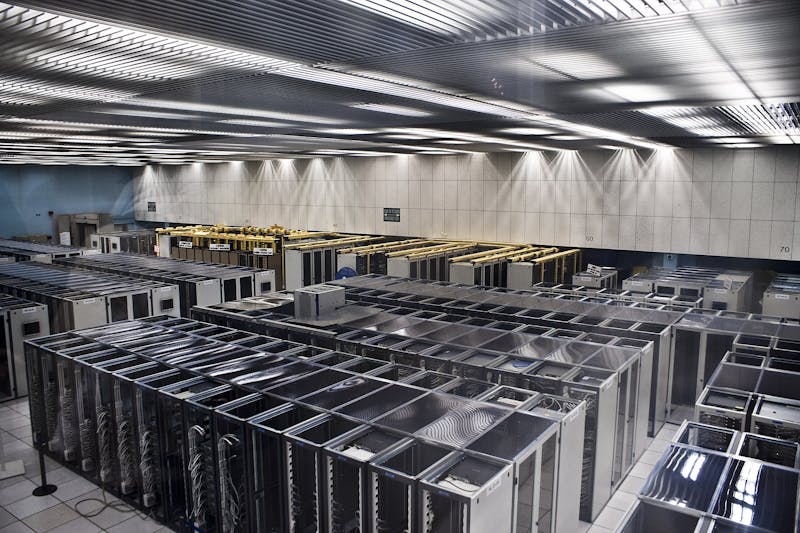Once upon a time, this editorial would be written on a version of Microsoft Word that you owned and laid out into column form for a newspaper in another program that functioned the same way. If only production, or anything else for that matter, was still so affordable.
A culprit of this issue is what is now known as “software-as-a-service” (SAAS), or what is more commonly known, and abhorred, as the subscription model. This has become such a financial suck that spawned an industry of services that help you keep track of your services — for a monthly fee, of course.
This subscription model is a perfect example of corporate greed that has disillusioned an entire generation with capitalist ideals and spawned a resurgence in socialist politics.
To understand why these views are changing, it is necessary to take stock of some of the ways we have shuttled into paying corporate alimony for everyday services, perks and pleasures.
The blunt fact is that there are fewer things you can simply buy and own for the rest of your life. Even the things you can buy have shorter lifespans to spur you to spend more on a new product, a practice known as planned obsolescence. Combine this with inflation — and the companies that are using it as an excuse to raise prices — and you are stuck paying more for a product you own less of and is likely scheduled to break sooner than the one it is replacing.
But SAAS has an additional side effect that some are starting to notice and be demoralized by — that younger generations own almost nothing compared to the millennials, Gen Xers and boomers of the past.
DVDs used to be a collector’s item — same with VHS tapes before them. You could collect all of your favorite movies, TV shows and games in physical form. They were yours, lest some burglar purloined your collection.
Now, we pay hundreds of dollars a year for a sundry of streaming services to watch three shows without ads — if you go for the premium service — if you can even watch it all. Streaming platforms, whether for video games or shows and movies, are ripe for content removal. You like that show? It would be a shame if you live in the wrong country or the music rights become expired.
When people cheered the demise of cable in the halcyon era of the early-2000s, the battle cry was not “death to cable, long live something far worse than cable.” Yet, when companies discovered they were giving away too much value, they had to find a way to squeeze more out of the deal for their shareholders.
There is hope, though it is a candle’s worth of light in an abyss. Gen Z and their younger siblings in Gen Alpha are longing for ownership.
Recently, CDs and even cassette tapes have made a comeback — Taylor Swift released dozens of versions of the same album on both formats, the point-and-click camera and sans generative AI technology has made a comeback, and video games that are sold complete without mandatory downloadable content are praised by gamers.
One can hope that these changes in consumer sentiments and purchasing decisions will usher in a new era of doing business. More likely, though, the companies will find a way to monetize these old things.



The Slate welcomes thoughtful discussion on all of our stories, but please keep comments civil and on-topic. Read our full guidelines here.